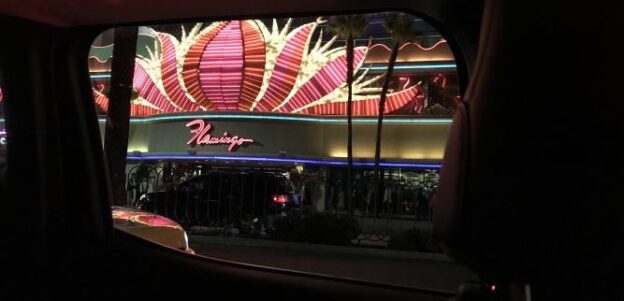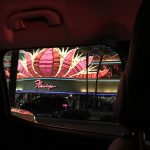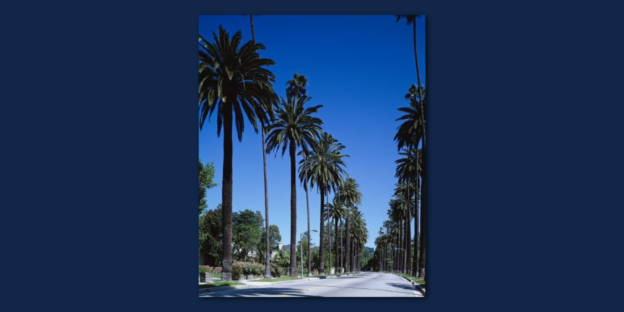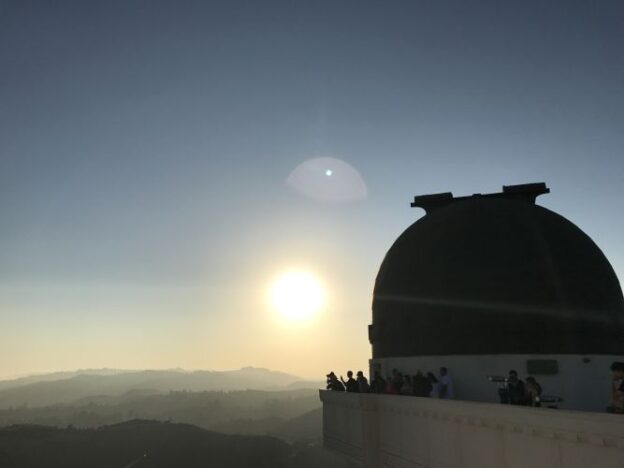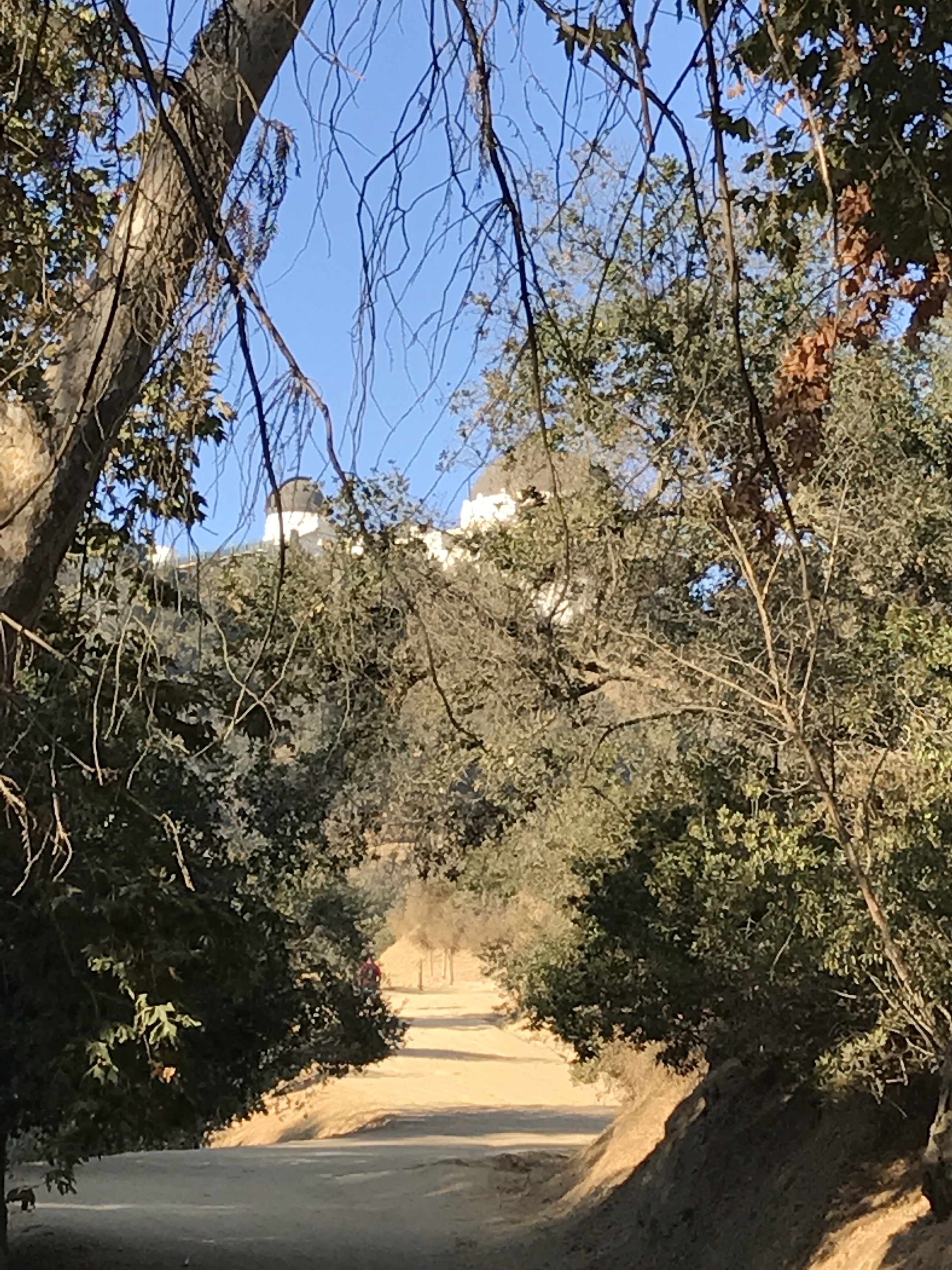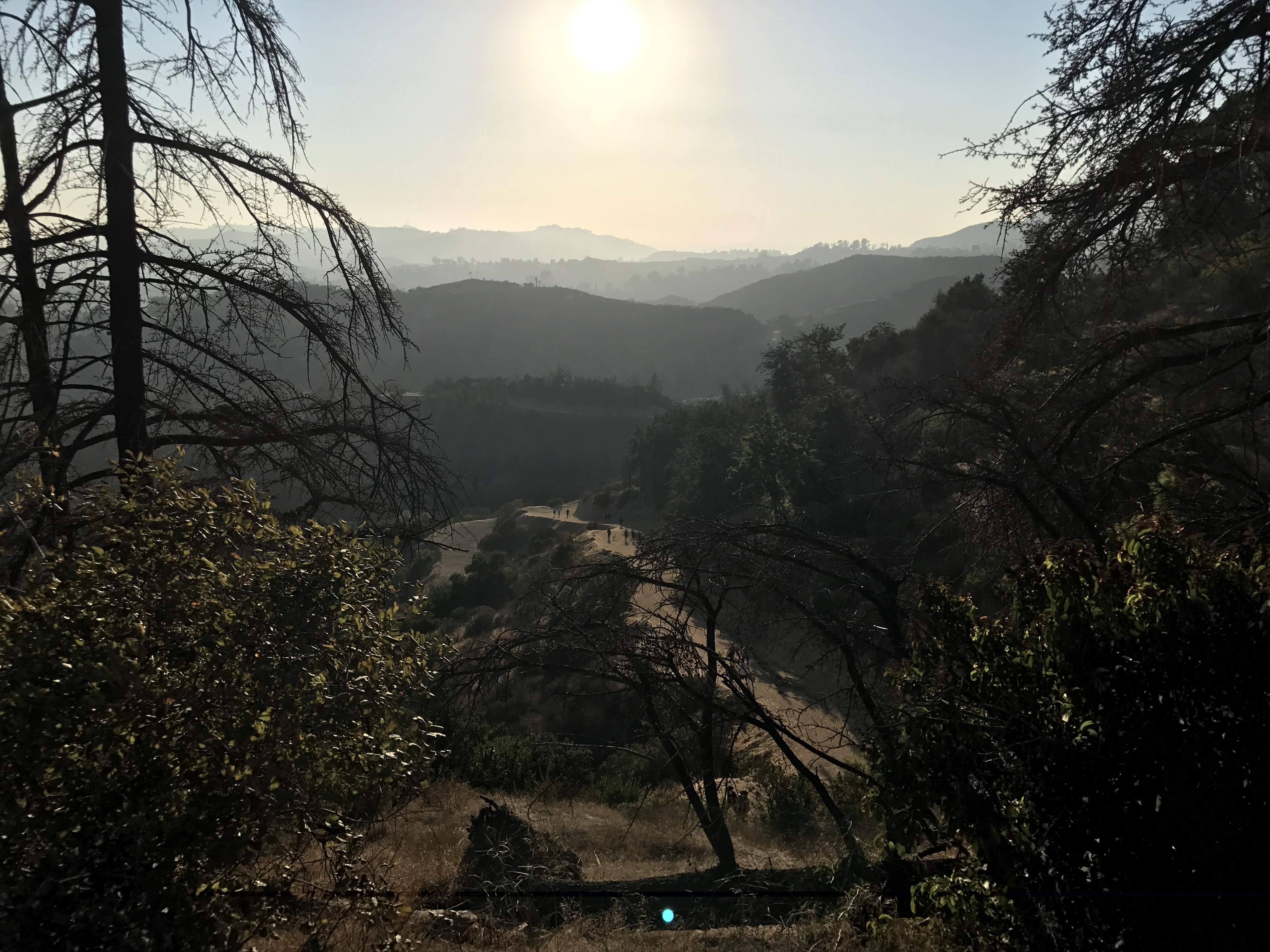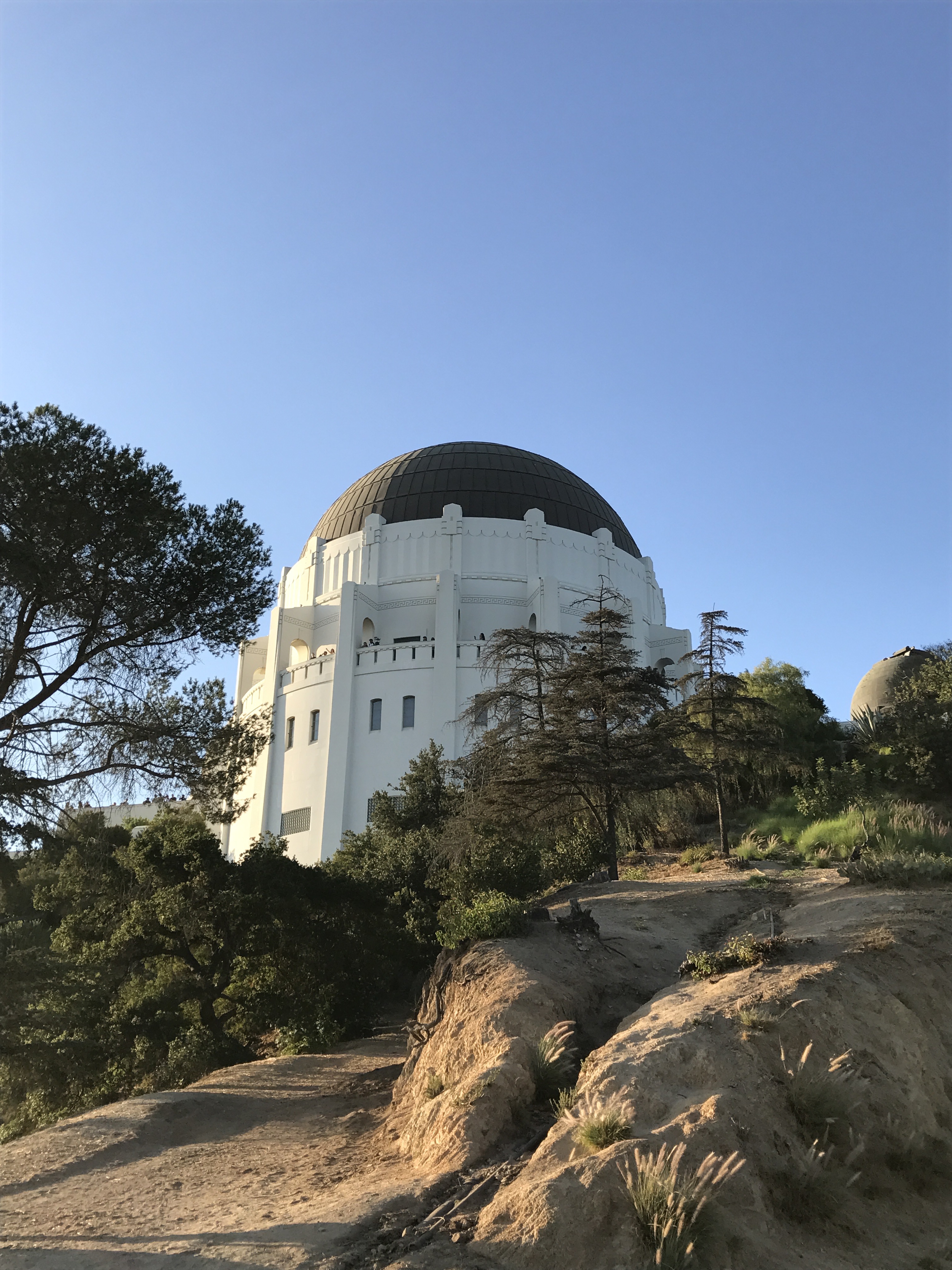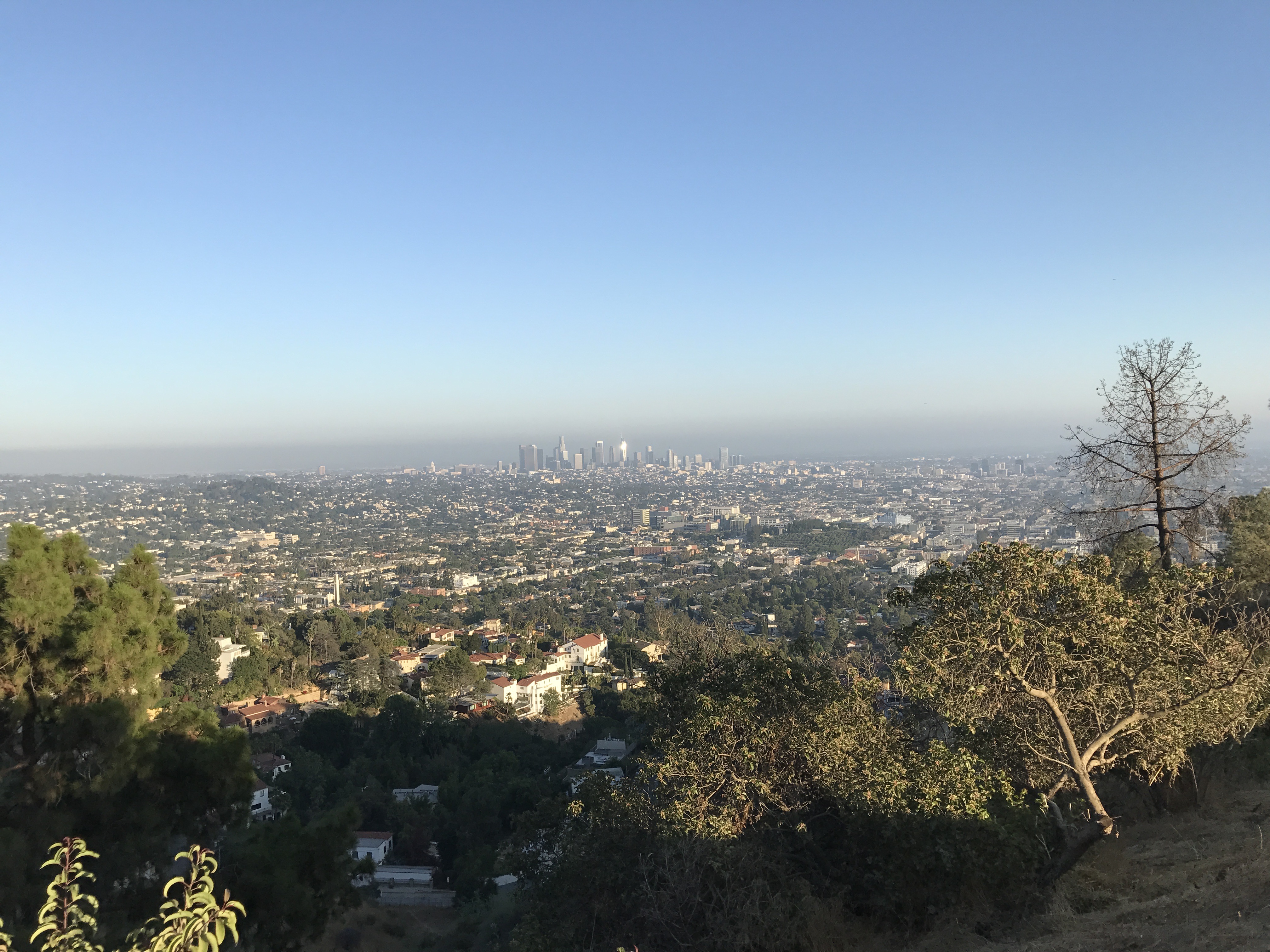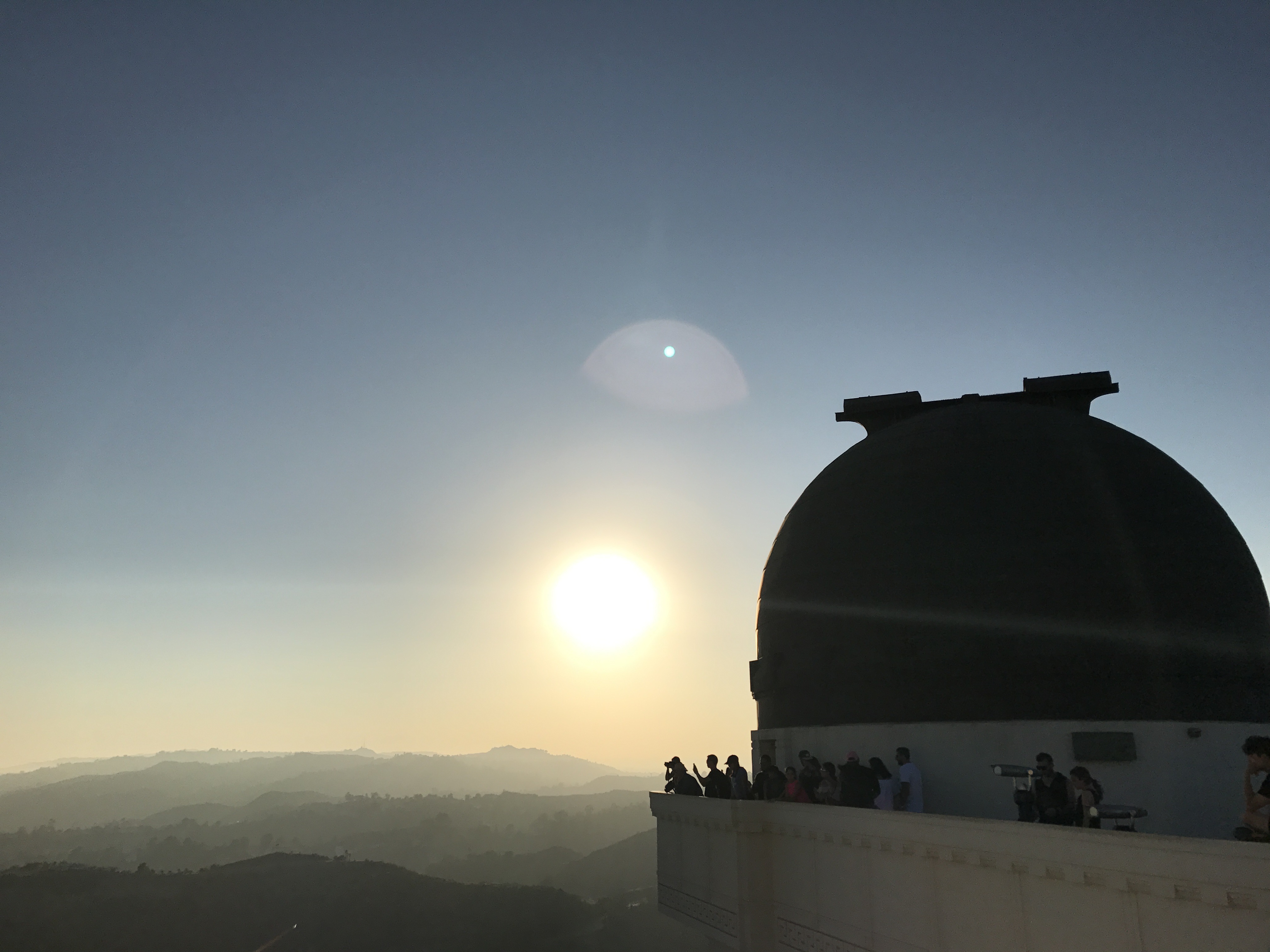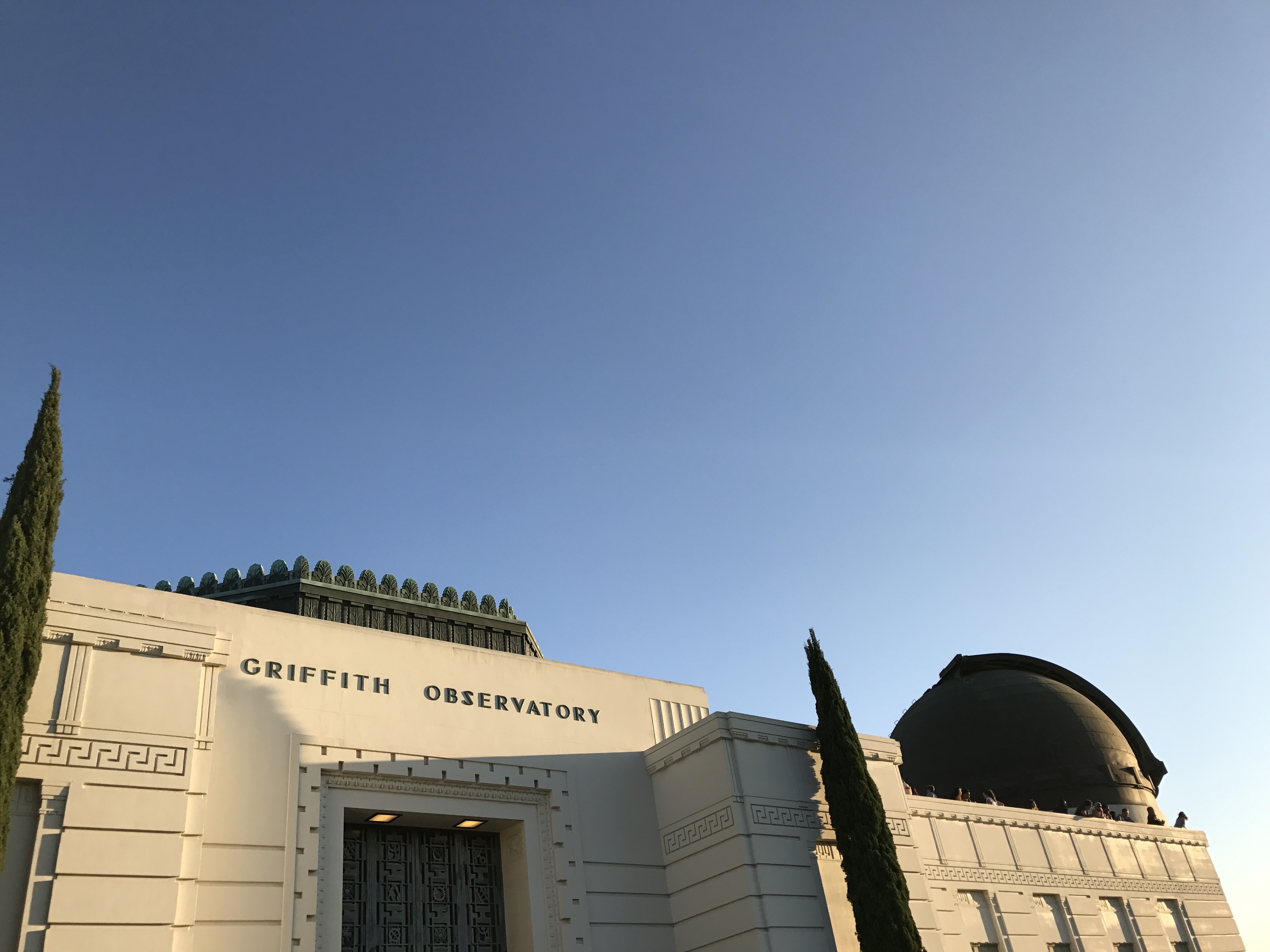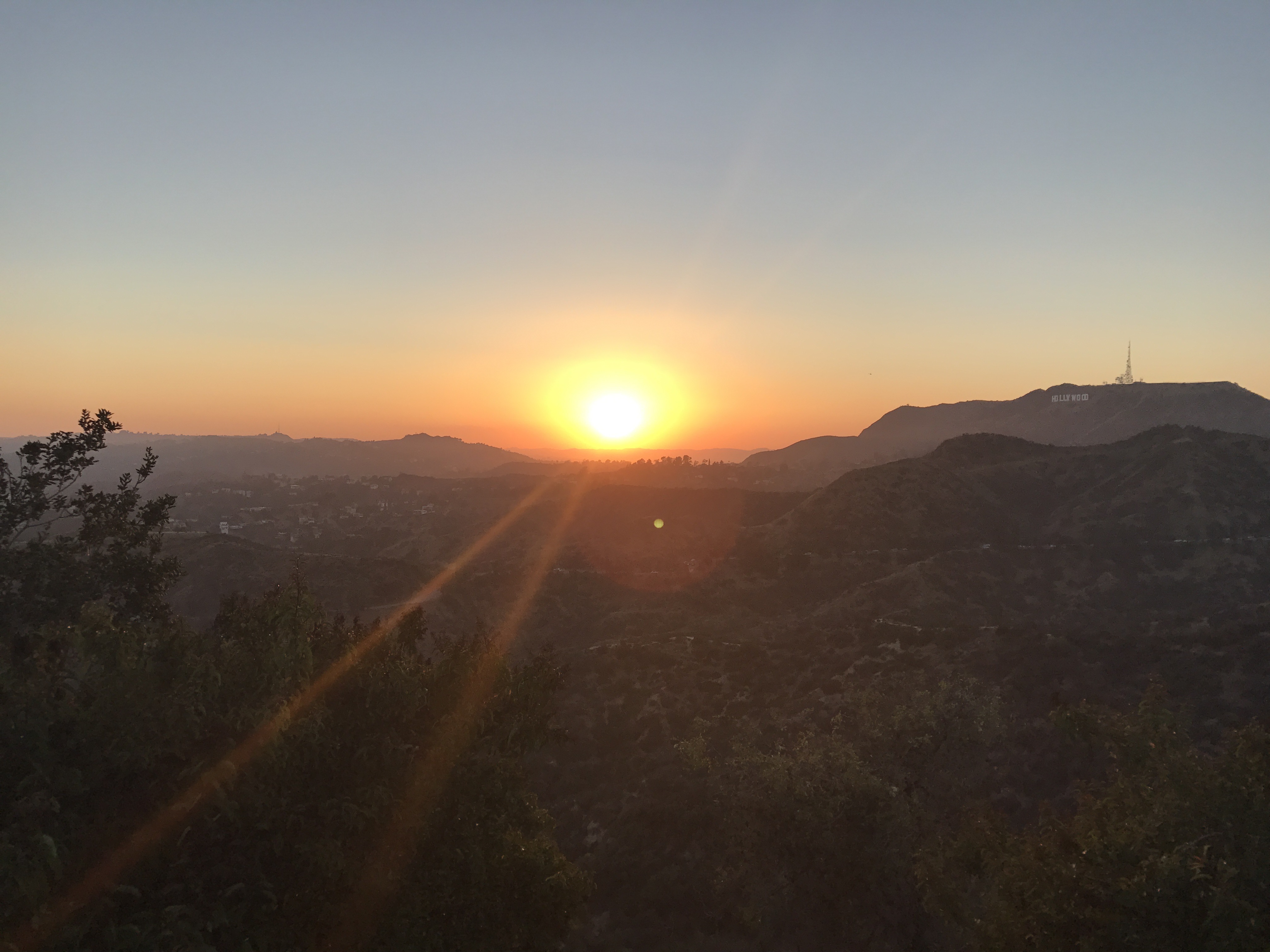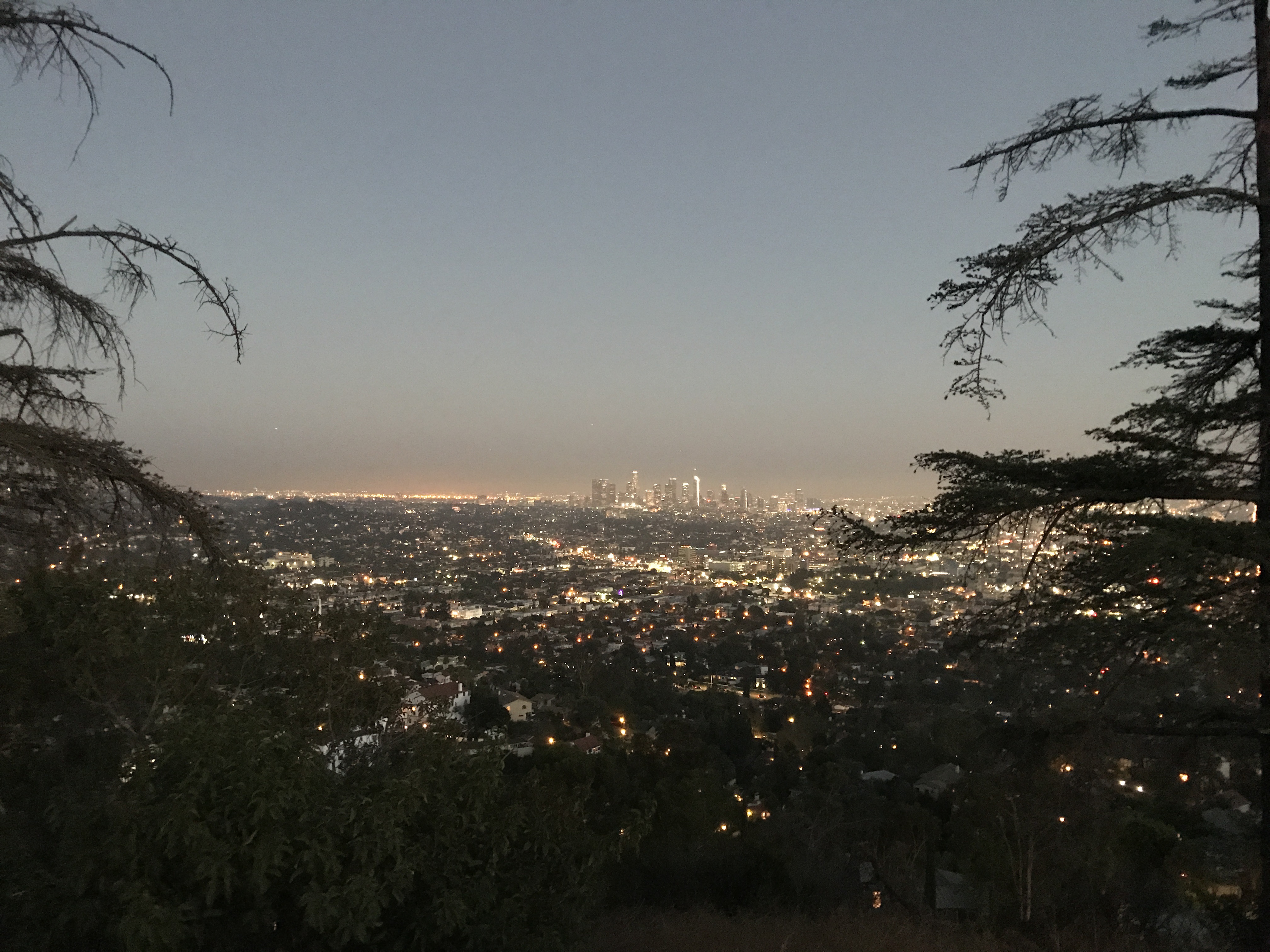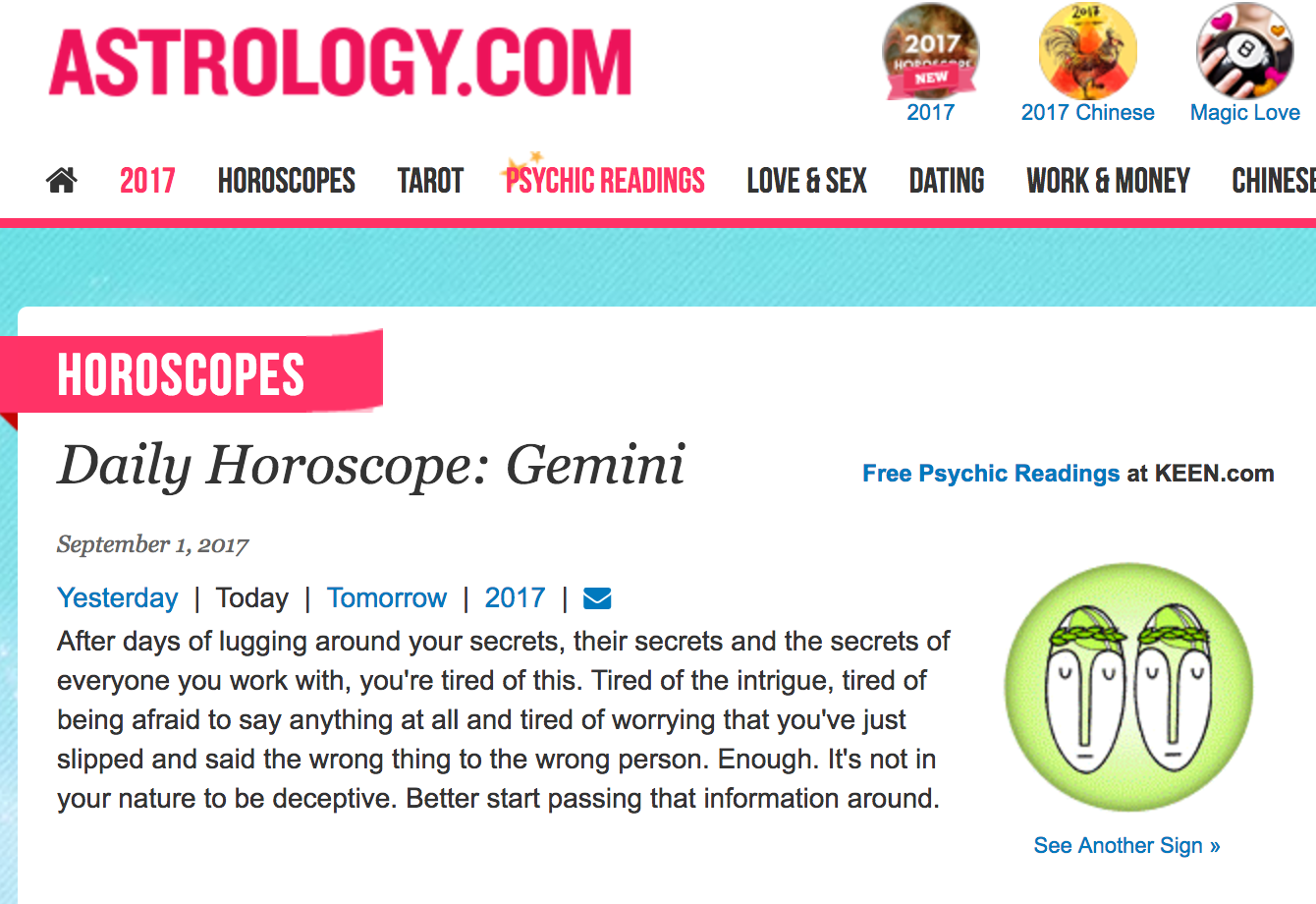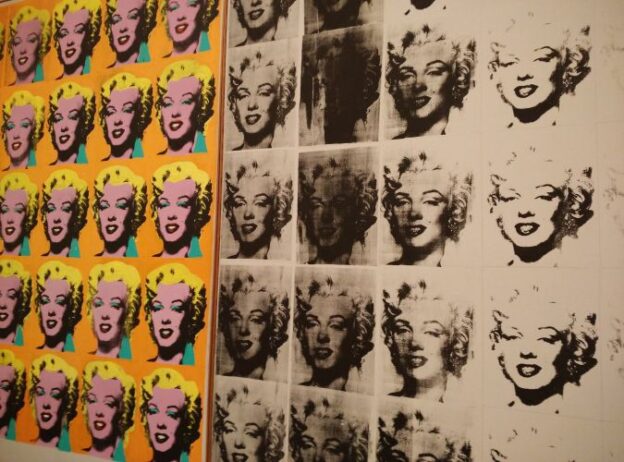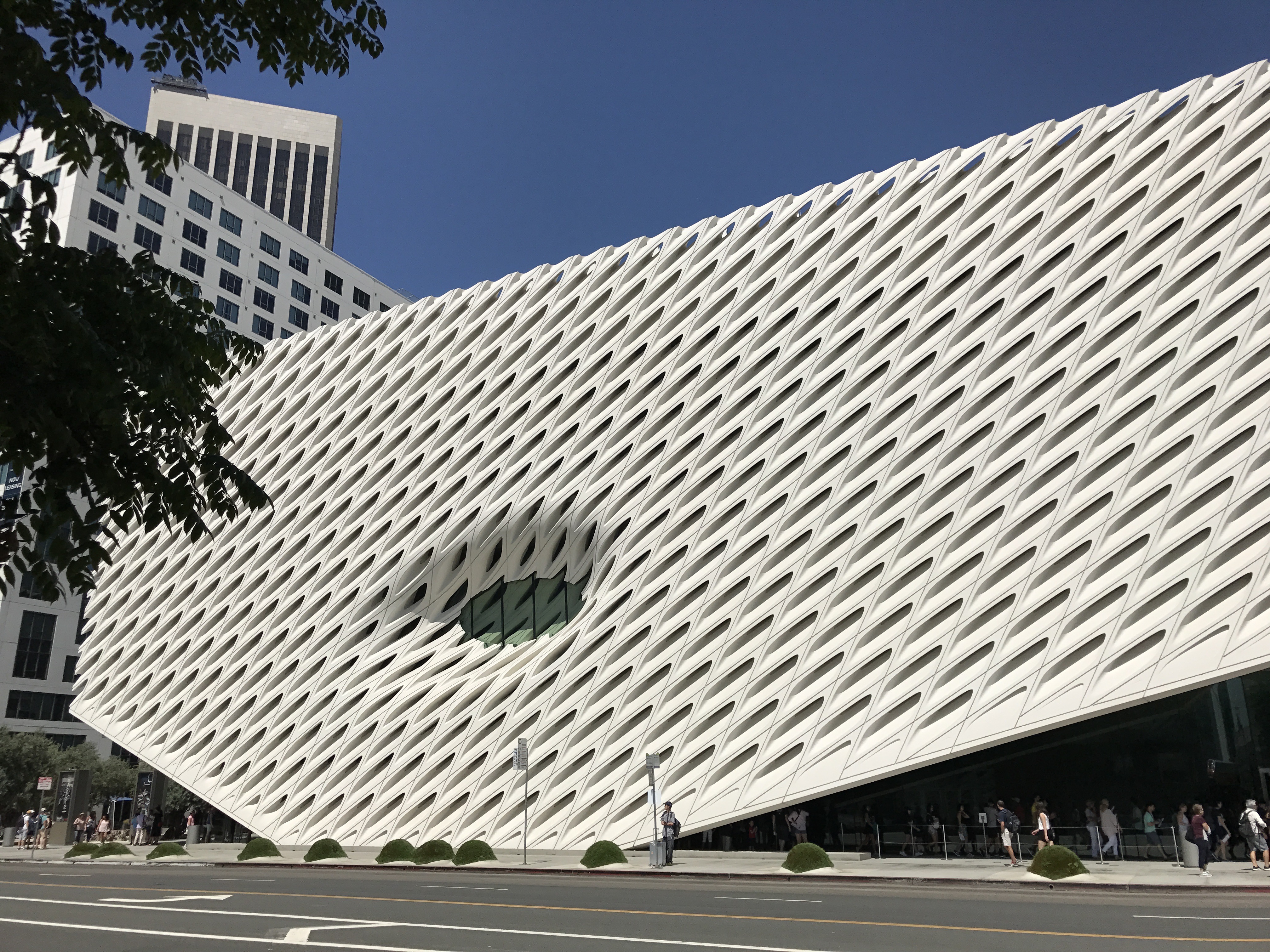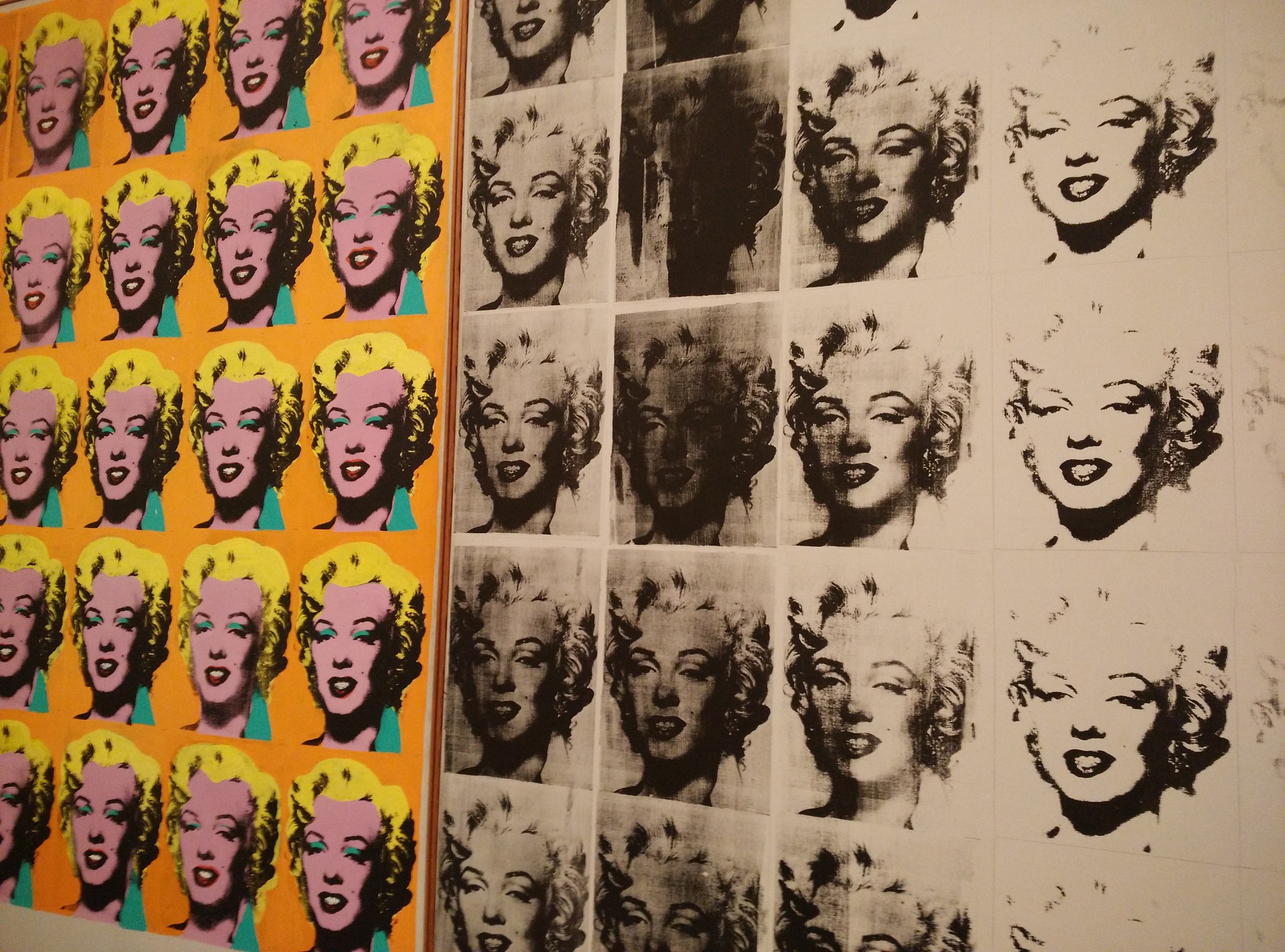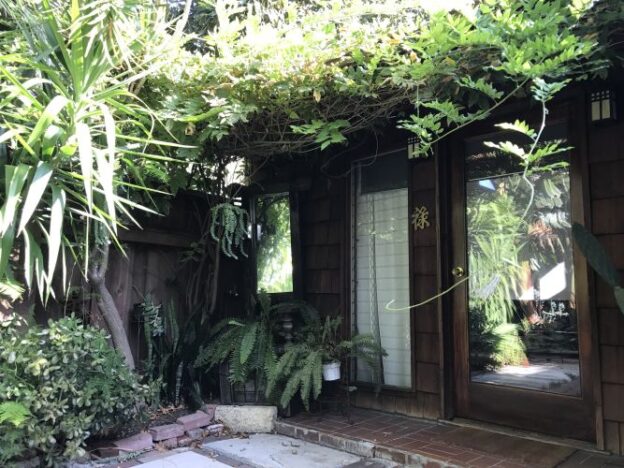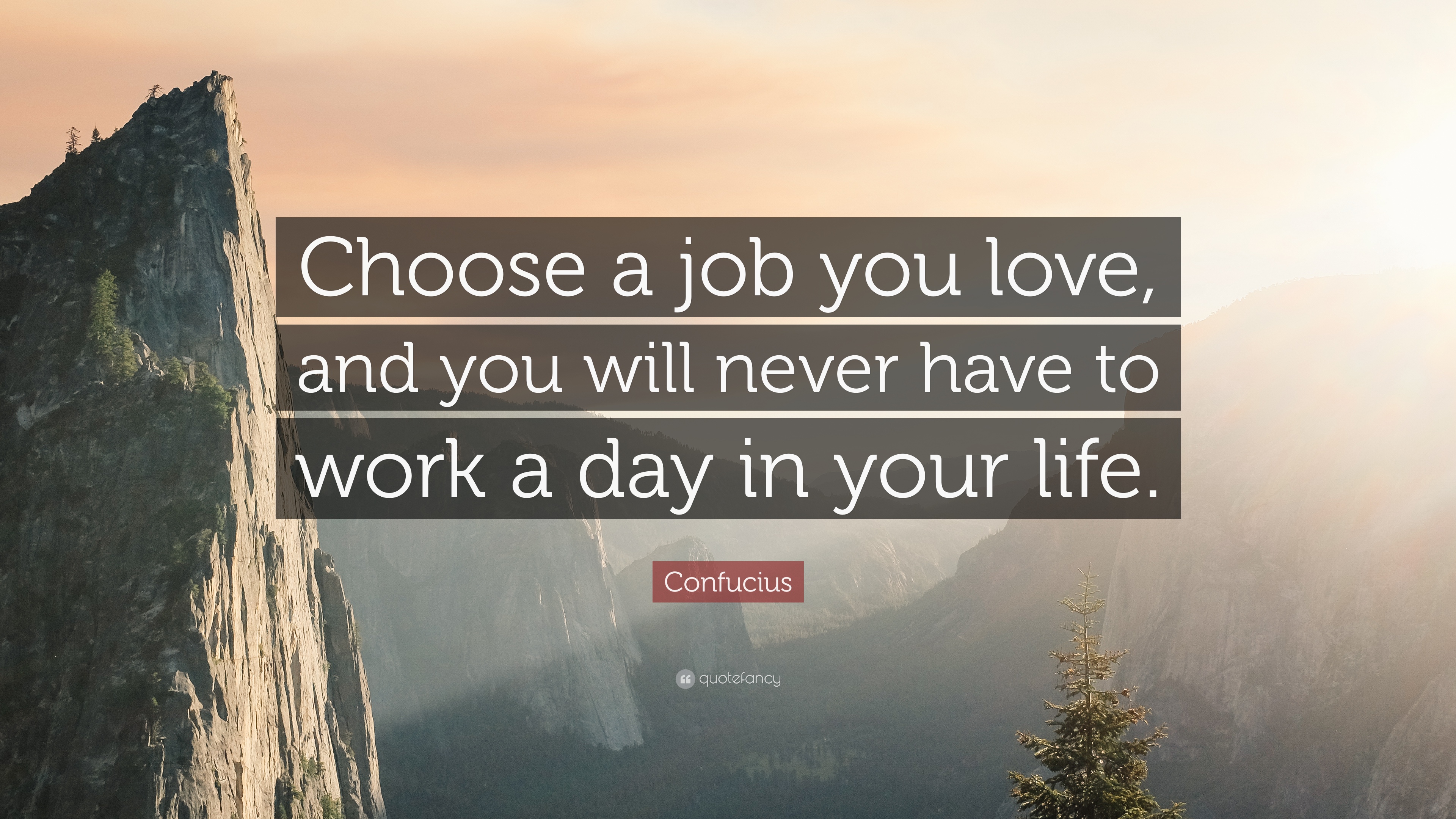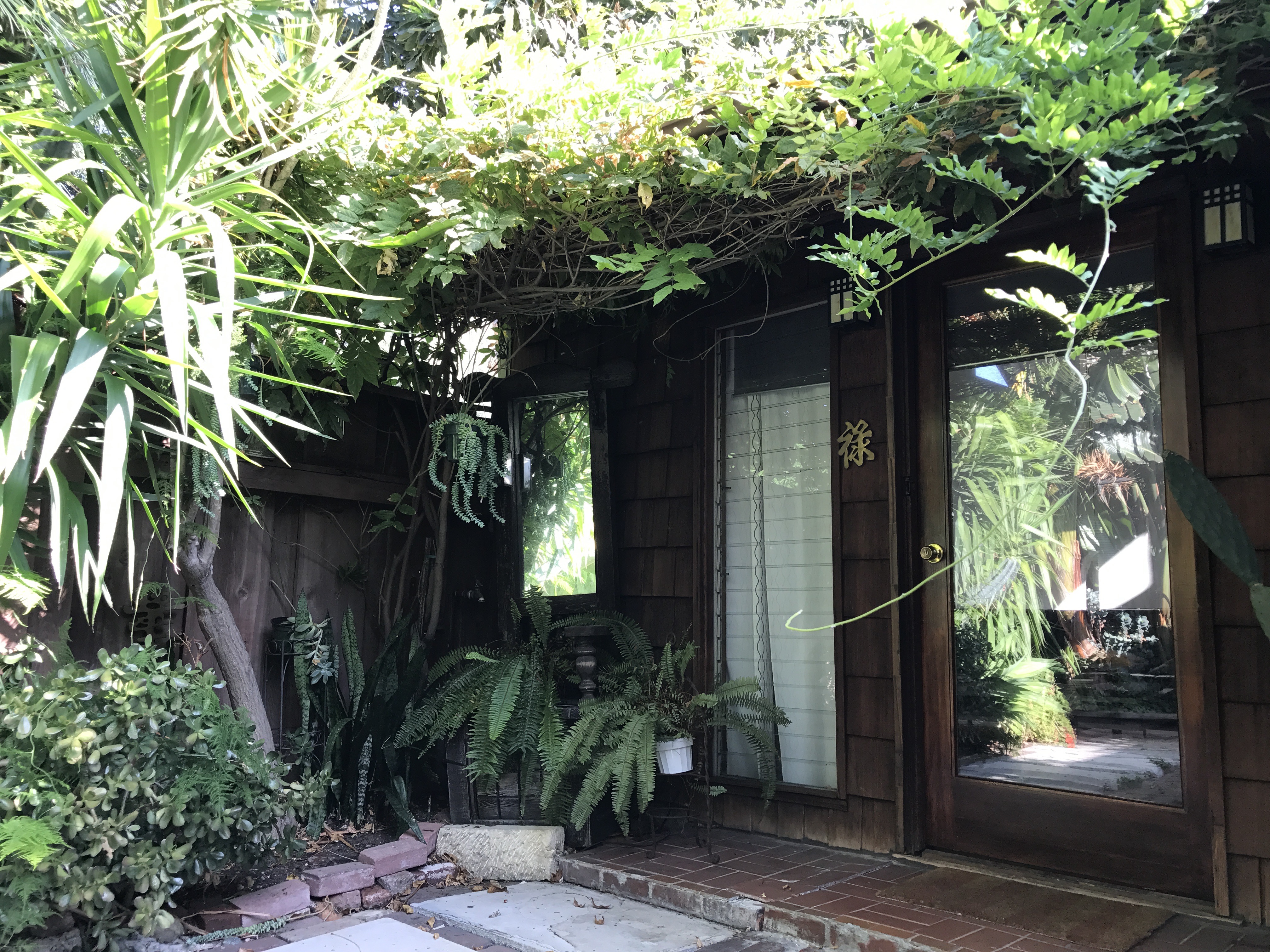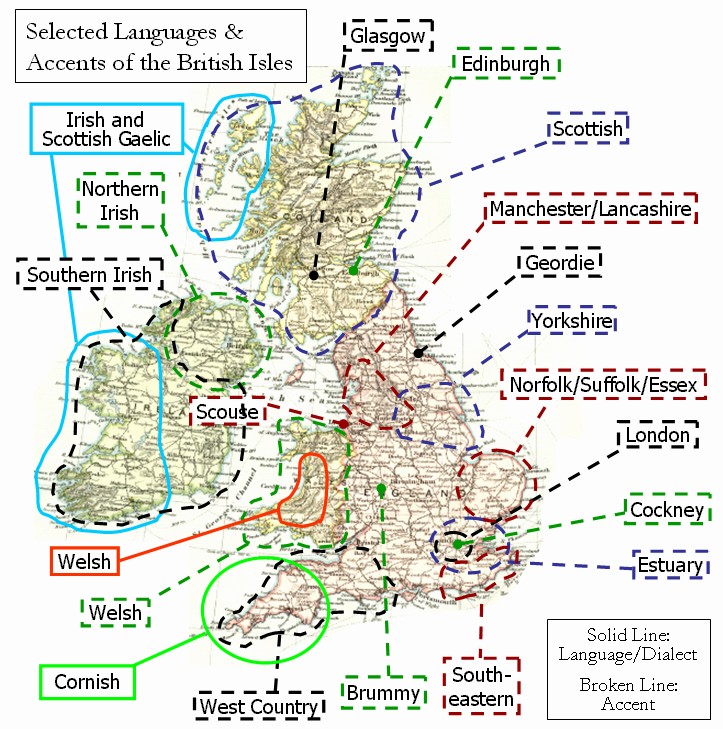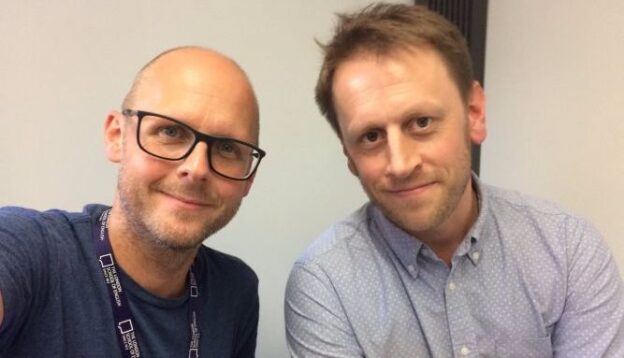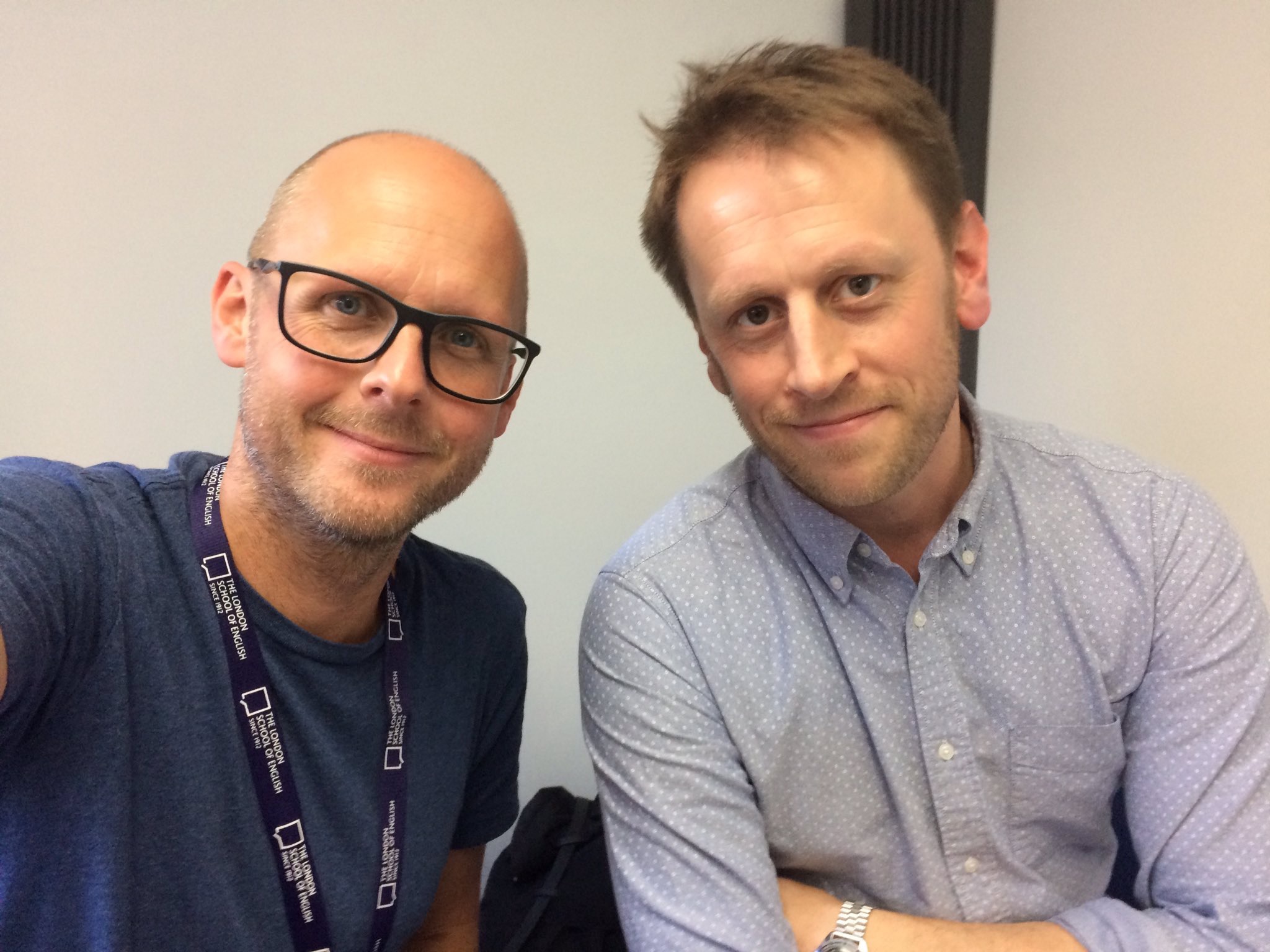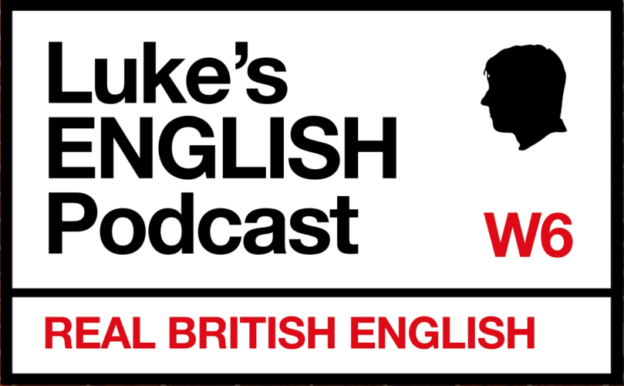This episode includes anecdotes and descriptions of our short visit to Las Vegas, including stories of more rental car issues, Las Vegas craziness, winning and losing $$$ and 11 English idioms that come from gambling.
![]()
[DOWNLOAD]
⬇️ Episode script and notes (Idioms list below) ⬇️
Why Vegas?
It was just as a stopover between L.A. and other areas, and to have a one look in your life, see what all the fuss is about sort of experience.
Take the rental car back to the car rental company.
Remember them, from part 1 of this?
Wrong Cars™
When we picked up the car in LA – just a Nissan hatchback by the way, nothing fancy, at the start of the trip we had to go and wait in a boiling hot car park in Inglewood or somewhere, where I stood waiting on my phone for ages waiting to get through to someone to tell them we had arrived, standing there on hold with my arm going numb and the sun beating down on both me and my pregnant wife, and after about 40 minutes a guy in a rental car came and picked us up, and told us “oh yes, the shuttle busses are in the garage – they broke down on Tuesday”.
We drop off the car, pay the money, ask about the difference in price between the bill and the receipt –
“Sorry Mani, isn’t here today.”
“Can you do it?”
“Sorry, I can’t. He’s the manager.”
(We got fobbed off by the girl behind the counter)
There’s supposed to be a shuttle (bus) service back to the airport.
But it’s obvious that this is a crappy little rental car company that is cutting corners and fobbing everyone off with this talk of the “shuttle” that is mysteriously always in the garage.
Again we’re told that the shuttle is in the garage so we squeeze into another rental car with a German couple this time.
My wife is in the front, and I’m squeezed in with the Germans.
The Germans are quite nice, but it’s pretty clear they didn’t have the best experience with their car and they’ve driven a really long distance, without cruise control (which is standard for rentals usually) and they’re saying to the driver,
“Do you not have cars with cruise control? Because it’s very uncomfortable to drive 4,000 miles without cruise control, you know?”
I’m thinking – 4,000 miles! Without cruise control. His leg must be knackered.
The driver goes “Cruise control? Yes, there is cruise control.”
“No, there is no cruise control in this car.”
“This was your rental?”
Turns out the “shuttle” is just the same car the Germans just rented.
“Yes, there is no cruise control in this car. It was very difficult for us. Do you not have cars with cruise control?”
The driver is not interested in taking questions. He says “Some of them do and some of them don’t.”
“I think it would be good if your cars have the cruise control”
“I’m just the driver man”
I note in my head that our car had cruise control, and I never used it, not once, but I don’t say anything. I don’t think it would have helped.
“Well, our car had cruise control, and guess what we never used it! Ha ha, it would have been useful if we’d swapped, right? I bet you would have appreciated that after the first 3,000 miles!!”
But I didn’t say that. I just ‘enjoyed’ the really awkward vibe in the car, and the knowledge that my wife was pretty much steaming, but keeping herself under control.
After the Germans got out my wife chose to cross-examine the driver.
“So, where are the shuttles?”
“Oh, they’re in the garage, we had some trouble with them.”
“Both of them?”
“Yes, it’s just a coincidence.”
“OK. When did they go in the garage?”
“Oh just on Friday.”
“Well last week you said they broke down on Tuesday.”
“I’m just the driver”
“I know you’re just the driver but…”
“You’re getting driven there, I’m driving you personally…”
“I know but we just don’t appreciate being lied to, that’s all…”
At this point he got really angry and started making it personal.
“OK, you’re getting personal with me now, and I don’t appreciate you making personal attacks against me, ok?”
As I was taking the bags out of the back, I was trying to say, “Look, it’s not personal we’re just commenting on the service. We were told one thing, we get another thing. It’s not you, right? it’s your management, right?”
He just went “Well I deliver you to the airport and you make it personal” and he just got in the car and drove off.
I couldn’t help feeling bad for the guy. I think he probably has no choice but to lie about the shuttle thing because the crappy management of this company keeps telling their customers there will be a shuttle. It’s written in their emails and stuff. I imagine he’s just trying to keep his job.
He couldn’t really say “Yes, well to be honest sir our company is lying to you. We don’t have any shuttles, it’s not worth it – you know? Because we don’t get enough customers to justify using a whole bus, and there’s obviously nowhere for us to park one anyway, so we just use these cars and I’m always dealing with these problems, but it’s because the management keep lying.”
He can’t admit that the company lies or is wrong. It’s unfair on him. I know, I’m making excuses for the guy, but what can he do?
The management should just say they have a personal car service, it would solve the problem.
That’s the solution. We don’t care about shuttles. Just say there’s a personal car service. The driver can introduce himself. “Hi, I’m Carlos, I’m your driver, where are you guys from?” Etc. That would solve the problem. Instead, Carlos (or whatever he’s called) is on the defensive and can’t start talking to the customers because he knows they’re not happy. Poor Carlos, and poor customers.
I wonder what’s really going on there – at this particular franchise of Wrong Cars™.
Anyway, after that we got on our plane for the short flight to Vegas. We could have driven but we planned this to make sure there was as little driving as possible, because when you’re pregnant it’s not good to sit in a vibrating car for hours on end, and anyway it sucks to be stuck in a car all the time.
We arrive in Vegas
It’s hot.
It’s in the middle of the Mojave Desert for goodness sake.
We rent a car from another company this time – more established. Enterprise. Admittedly, it’s a bit more expensive but we don’t want to risk it because we’ll be driving in some fairly deserted spots and we want a car that will not break down and that has customer service that’s actually available by telephone.
So we get to the car rental area – a massive building in airportland. Dazzling service. We’re in the car in a matter of minutes and it looks brand new. We rented a small SUV. The main thing was that it was comfy and could deal with bits of rough terrain if needed. We get a Jeep Renegade. It’s pretty cool. Wife is happy and in comfort. OK.
Staying at New York New York Hotel.
Vegas is completely insane and, honestly, not a great place. In fact it’s the most tawdry, sleazy, tacky place ever.
Pick the most touristy part of any town and amplify it by 1000. It’s like that.
It’s boiling hot outside but inside it’s freezing, and it doesn’t make a lot of sense to build this massive place with all these things like swimming pools, hotels and golf courses in the middle of the desert.
God knows how they get their water.
And it’s just a weird place cut off from reality in which you are constantly being seduced and distracted by flashing lights and big things and encouraged to gamble your money away. It’s like one huge sales pitch in the form of a city.
Inside the casinos there are no windows. They’re like huge circus tents on the inside, with big restaurant facades around the edge, tables for gambling – playing poker or roulette or the one where you throw the dice and there are loads of different numbers and letters and it’s a bewildering illusion of choice, big individual gambling machines, lamp posts (inside the hotel), fake little streets, massive Irish pubs (which is never really a bad thing in itself) but all this stuff and you look up to the sky and it’s the black ceiling of the hotel above you, quite high and in the background. It’s probably daylight outside, but you can’t see the desert sun. Inside the hotel’s gambling area there’s this black canopy of the ceiling above all this trashy fake stuff.
It’s so weird to come to the desert and then find yourself in this totally synthetic place all set against a black backdrop.
This is some people’s idea of a wonderful place – a vast plastic playground with so many attractions, but there’s something very unnatural and twisted about it.
Weird things
People smoke indoors and this feels wrong now after 10 years since the smoking ban. No big deal, but still… I think the reason is that they prioritise the gambling, so even though it fills the air with harmful smoke, it means people stay at the tables and don’t go outside to smoke their cigarettes.
There are tourists wandering around, families and stuff but also you spot these grizzled gamblers losing fortunes.
You see some old people who have travelled for miles to spend their money because they don’t really know what else to do with it, so it all goes in these machines.
There are some really drunk people, sitting at the bar.
But also families with kids walking around.
Even some bars have gambling machines built into them, so you can lose money (or maybe win) while you’re taking a break from the bigger tables.
In one casino, where we went to the theatre – there was a girl in suspenders dancing erotically on a table, and kids were wandering around.
Seriously weird.
It was like a strip club in Disneyland. It was like a cross between Disneyland and a lap dancing club. Adult Disneyland, but with families wandering around in it.
Our hotel had a rollercoaster going around it.
Yep, a rollercoaster, with tracks that actually went around the outside of the hotel.
You can stand in the bedroom and every now and then you hear the rumble of the rollercoaster and the muffled screams of people outside the window. This is from inside your hotel room..
If you part the curtains and look out you can see part of the track twisting around past the window and eventually you’ll see the rollercoaster race past, people screaming.
Take a look into the distance and there are the mountains, some desert and then closer to you just weird, big shiny bright buildings and Trump tower. A massive tower with his name at the top in huge gold letters.
“We’ve got the greatest buildings folks, all the best casinos. You’re gonna have fun, and you’re gonna make so much money. We’re gonna Make America Great Again. Believe me folks.”
And the house always wins.
That’s the thing with these casinos.
You have to enjoy the process of it, because you’re basically paying money to experience the excitement of possibility of having more money, even if the probable outcome is that you’ll end up with less.
You’re paying for the excitement of losing, it’s exciting because there’s a possibility that you won’t lose, but the fact is you will probably lose.
So the chances are that you’re going to lose
but you might win
and that’s what makes it exciting
to throw your money away.
The house always wins.
Sometimes somebody wins.
But most people are losing.
And the house is always winning.
Fair enough though, people choose to gamble and they probably enjoy it. People seem to enjoy it – that’s their choice, but it doesn’t appeal to me very much, beyond just having a go to see what the fuss is all about.
But there are some good things about Vegas, ok!
It’s not all awful! It’s fun for a night or maybe two, depending on what you do.
It is a big spectacle – some of the hotels look amazing and massive, and also there are some spectacular shows that you can see – like dance shows such as Cirque du Soleil or Blue Man Group and magic shows like David Copperfield or Penn & Teller.
We chose to go there as a stopover but also to experience it and we did have a laugh!
You have to just go with it a bit and just go ‘ wow, look at that, that’s ridiculous!’
A lot of the time we were walking around, couldn’t believe our eyes, saying “this is insane” “Look at that! It’s a massive Egyptian pyramid!
Our hotel was basically a recreation of the New York skyline. Other hotels have things like an Eiffel Tower, an Egyptian Sphinx, massive fountains and light shows.
It was pretty weird to see the Eiffel Tower considering we see it every day in Paris.
Also, it’s a very convenient place – in the sense that it’s really easy to access the airport, it’s not all that big, things are open 24 hours a day.
People are helpful and friendly.
There was a wholefoods there. In fact there are a few Wholefoods supermarkets there – say no more!
Some of the stuff is good fun.
So, that’s that then isn’t it.
Penn & Teller
https://www.youtube.com/watch?v=oJhYySXzOq0
Gambling in the Casino
We played some one of the “one armed bandits” – the fruit machines. It’s like one dollar to pull the arm and watch some things spinning around. We put aside about 50 dollars for fun. My wife enjoys the one armed bandits and she’s actually very lucky. I’m a lot more sceptical about it.
But she thinks she’s blessed with luck or something.
(Actually she’s blessed with Luke, but anyway… I’m not sure “blessed” is the right word – “married to” is probably better)
In England, when we had first met each other, we took a trip to Brighton, on the south coast, and we went to the pier (a wooden walkway that stretches out over the sea, wooden legs supporting it – a pier) where there are lots of arcade machines and gambling machines and other attractions, and she was convinced she would win money on the machines and I was going “ but the house always wins” and she was saying “no I’m magic!”.
I was shaking my head thinking “there is no magic, only the force” and she put one pound in a slot machine and promptly won £20, and said “I told you I was magic”. We walked away £20 richer. We didn’t continue gambling. I think she’s smart enough to know that you quit while you’re ahead.
The same thing happened years later, we were in a little resort in the north of France where you find some casinos. She’s not a gambling addict or anything. She just likes playing the machines a few times when we’re on holiday sometimes.
We went to a casino and chose to spend no more than 50E. A 50E limit. Ooh, big bucks, right?
We were walking around trying to find a good machine. There were some slightly sad looking people just sitting there plugged into these persuasive light shows – it’s a sort of low level basic addiction (or high level for some people) – an addiction to the sales pitch, basically.
I was being very sceptical, and making various sceptical noises.
We ended up leaving with 80E, 30E up from when we went in.
Not bad.
We quit while we were ahead.
In Vegas we did some gambling on the machines. I was thinking, “Well, she is magic. Maybe we’ll win enough to get a half decent dinner.”
We lost all the money we took in. All of it.
It was a steady one directional flow of us putting money into the machines and getting nothing in return. Las Vegas just ate our 50 dollars like a crocodile eats a chicken. One gulp, all gone, didn’t even chew. It didn’t even touch the sides as it went down.
We won nothing.
Well, almost nothing. We always seemed to win a few credits just before our money ran out, which I’m sure is a little trick to encourage you to put more money in because you think the machine is going to ‘start paying out’ at some point.
Obviously, we didn’t know what we were doing. We had no clue and I’m sure those machines were the wrong ones to be playing, and some of the casinos are better than others, but anyway we weren’t really there for the gambling. We were more interested in playing it safe.
11 Gambling Idioms (that don’t just apply to gambling)
- to be on a winning streak (when you’re winning)
- to be on a losing streak (when you’re losing and nothing is going your way)
- to break even (when you take the same amount of money that you spent – in gambling or in business. No profit, no loss.)
- to quit while you’re ahead (stop when you’re winning)
- the house always wins
- to bet (to gamble) “I bet you £20 that Arsenal win the game” or (a challenge) “I bet you can’t throw this paper ball in the bin from there!” or (an expectation) “I bet all the tickets are sold out”
- to show your hand (show the cards in your hand / reveal your position)
- a poker face (a facial expression which reveals nothing – used while playing poker, or in any other situation where you keep a straight face)
- don’t push your luck (take a big risk and try doing something that could end in failure – it’s a bit like saying “watch what you’re doing” or “be careful”)
- to raise the stakes (the stakes = the money which you have to gamble in a round of poker. The expression is used to mean to increase the amount of money you can win or lose in a gambling game, but also to raise the general level of what you can win or lose – e.g. this line from a recent Daily Mail news article “Mr Trump raised the stakes in the escalating crisis over North Korea’s nuclear threats, suggesting drastic economic measures against China and criticising ally South Korea.”
http://www.dailymail.co.uk/wires/pa/article-4847836/North-Korea-conducts-nuclear-test-making-hydrogen-bomb-claims.html - the chips are down (chips = the plastic coins you use while gambling. The expression means – when you’re feeling bad, or when the situation is bad) E.g. in cricket – “When the chips are down for England, Moeen is often the side’s most useful player.”
I once saw a great documentary by Louis Theroux about high stakes gamblers in Vegas. Some of them lose thousands of dollars, but they keep gambling because they think they’re going to eventually start winning it all back. I’ve put some videos from the documentary on the page for this episode. I love Louis Theroux’s documentaries. They’re fascinating.
The phrase that I take away from one of the videos: Louis and a high-stakes gambler are standing in the biggest hotel suite in the city, looking out of the window at the huge hotels and Louis says “Vegas – they didn’t build these casinos on winners you know” and the guy says “I think in the lifetime, everyone’s a loser. But the thrill of being able to win today, lose next month, win the year after. I think it’s the challenge. I think it’s the thrill. I think it’s the entertainment in this city.”
Louis Theroux Gambling Documentary – video clips
Louis hangs out with a high-stakes gambler in a very expensive hotel suite in Las Vegas
Here’s the same guy, after losing about $400,000 dollars in 3 days
Louis gambles with a couple of gambling “enthusiasts” (addicts?)
Louis plays the “one armed bandits” with Martha (these are the machines that took our $50 in just a few minutes) Martha says “I lost 4 million dollars in the casino in 7 years.”
Louis gets lucky playing Baccarat
“Because I resigned myself to failure that night, Lady Luck had decided to tantilise me by making me win.”
How gambling can be dangerous
It seems that this is how it goes:
- You might begin by winning some money. Then you feel lucky so you bet bigger, but you lose it.
- You then start digging yourself in deeper and deeper, expecting your luck to change but there is absolutely no certainty that it will.
- Some people talk about ‘the law of averages’ – suggesting that in time any sequence will balance out. E.g. you might spend a certain amount of time losing, but ultimately this will be balanced out by the number of times you win.
- But that’s assuming that gambling in a casino is random. Usually it is subtly weighed in favour of the casino so that the pattern is that the casino wins more often than you. Even if you win a lot, the casino can afford it because more people have lost overall.
- Often these high stakes gamblers keep betting because they think they’ll eventually start winning. They often don’t and then leave utterly devastated by the loss.
- The house always wins.
- Then what might happen is that you’ve lost, you’re dejected. You resign yourself to failure but play another game because why not, and then you hit a winning streak.
- What a powerful combination of defeat and then victory, all out of your control. You’re at the mercy of this external force, playing around with “luck”. (Not Luke)
And the house always wins.
We drove along the strip. It’s madness out there! Just all the flashing lights and the spectacle, it’s like Picadilly Circus on steroids and the steroids are also on steroids.
Unbelievably massive plate of pancakes for breakfast.
Then we got out of town.
I told you I would talk about nature and canyons, and big rocks! All that stuff I really loved seeing, but I got carried away – distracted by tales of gambling in Vegas.
Las Vegas – a place that seems diametrically opposed to somewhere like Bryce National Park or The Grand Canyon.
I’m glad we only spent an afternoon, one evening and a night there.
Natural beauty is so much more real.
Well, anything is more real than Las Vegas, I suppose.
Thanks for listening.
Join the mailing list.
Thanks to the Orion transcription team and Andromeda proofreading team.
Shout out to the comment section crew.
Shout out to the Long-Term LEPsters, you know who you are.
Shout out to the new listeners, I hope you stick with us.
Shout out to every single one of you all around the world, listening to this right now and united by the fact that you are all citizens of LEPland or Podland or whatever we are calling this community which crosses international boundaries.
Be excellent to each other and party on!
Speak to you in the next episode.
Luke
